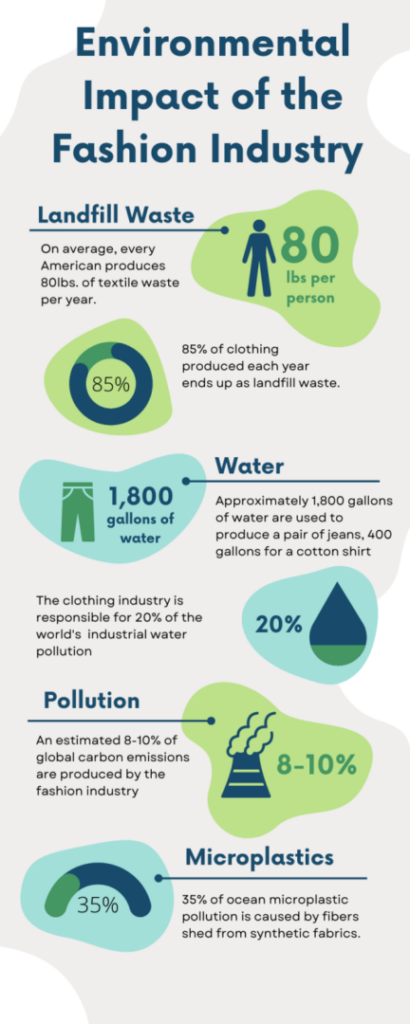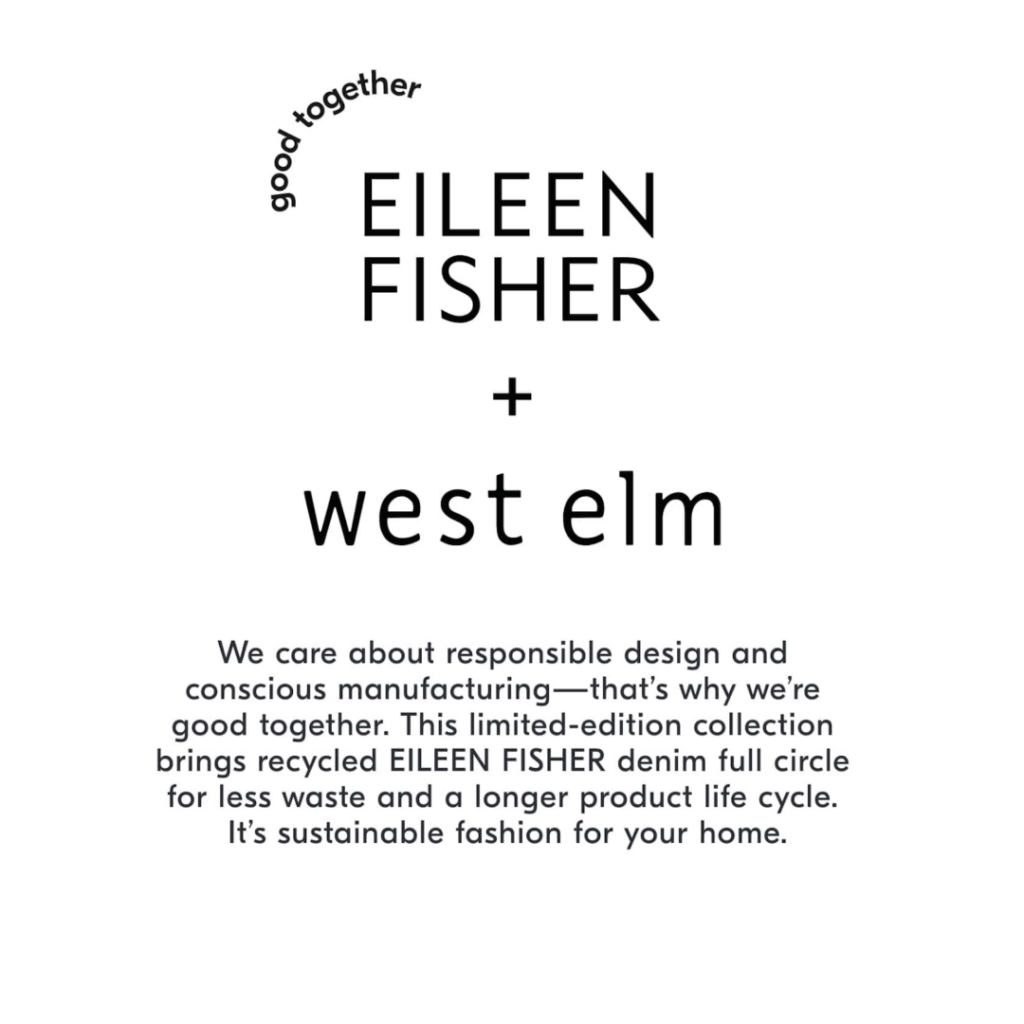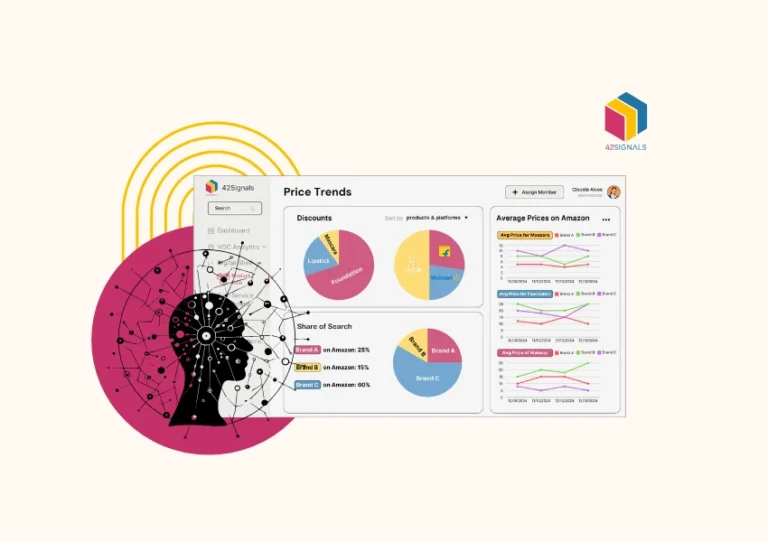In an age dominated by fast fashion, where trends shift at breakneck speed and low-cost garments flood the market, the adverse environmental and ethical impacts of this industry have become increasingly evident. Fast fashion’s focus on quick production and low prices often leads to significant waste, exploitative labor practices, and considerable environmental degradation. However, amidst this backdrop, a growing number of non-fast fashion brands are emerging, committed to sustainability, ethical practices, and long-term positive impact.
This article explores some of these brands and the innovative approaches they are taking to make a difference.
What Is The Impact of Fast Fashion?
Fast fashion refers to the rapid production of inexpensive clothing to meet the latest trends. This model thrives on consumer demand for affordable, trendy apparel, but it comes at a high cost. The fast fashion industry is known for its:

Image Source: Our Good Brands
- Environmental Degradation: The production processes often involve the use of toxic chemicals, excessive water consumption, and significant carbon emissions. The disposal of fast fashion items also contributes to landfill waste and pollution.
- Labor Exploitation: Many fast fashion brands rely on cheap labor in developing countries, where workers are often subjected to poor working conditions, low wages, and long hours.
- Waste Generation: The emphasis on new trends encourages a disposable culture, leading to massive amounts of clothing being discarded after minimal use.
The Rise of Non-Fast Fashion Brands
In response to these issues, numerous brands are rejecting the fast fashion model and embracing sustainability. These brands prioritize ethical labor practices, environmental stewardship, and the production of high-quality, durable products.

Image Source: LinkedIn Pulse
Below are some noteworthy examples of non-fast fashion brands making a sustainable impact.
1. Patagonia
Patagonia, an outdoor clothing and gear company, has long been a leader in sustainability and one of the most famous companies that come to mind when you think of a non-fast fashion brand.
Their commitment to environmental and social responsibility is evident in several ways:
- Environmental Initiatives: Patagonia uses recycled materials, organic cotton, and environmentally friendly dyes. The company also invests in regenerative agriculture and supports initiatives to combat climate change.
- Fair Labor Practices: Patagonia ensures fair wages and safe working conditions for its workers. It is a member of the Fair Labor Association, which audits and holds brands accountable for their labor practices.
- Product Longevity: The brand encourages customers to buy less by promoting the durability of its products. Patagonia’s “Worn Wear” program even offers repairs and resells used items.
2. Eileen Fisher
Eileen Fisher, a women’s clothing brand, is renowned for its minimalist designs and sustainability efforts. The brand’s initiatives include:
- Sustainable Materials: Eileen Fisher uses organic cotton, linen, and Tencel, which are environmentally friendly and biodegradable. The brand is also committed to eliminating hazardous chemicals from its supply chain.

Image Source: West Elm
- Circular Fashion: The “Renew” program encourages customers to return used Eileen Fisher garments. These items are then cleaned, repaired, and resold, promoting a circular economy and reducing waste.
- Social Responsibility: Eileen Fisher advocates for fair labor practices and works to ensure safe and ethical conditions throughout its supply chain. The brand is also a B Corporation, meeting rigorous standards of social and environmental performance.
3. Stella McCartney
As a pioneer in sustainable luxury fashion, Stella McCartney has been at the forefront of eco-friendly fashion for years. The brand’s commitment to sustainability includes:
- Animal Welfare: Stella McCartney is known for its staunch opposition to the use of leather, fur, and animal skins. The brand instead uses innovative materials such as vegetarian leather and sustainable alternatives.
- Eco-Friendly Materials: The brand employs sustainable fabrics like organic cotton, recycled polyester, and regenerative wool. Stella McCartney also focuses on reducing its carbon footprint through various green initiatives.
- Transparency and Advocacy: The brand is transparent about its practices and advocates for greater sustainability in the fashion industry. It collaborates with organizations to promote environmental protection and sustainable development.
4. Reformation
Reformation is a contemporary women’s clothing brand that emphasizes sustainability and ethical production. Key aspects of Reformation’s approach include:
- Eco-Friendly Fabrics: The brand uses sustainable materials such as Tencel, recycled cotton, and deadstock fabrics. It also employs innovative practices to minimize water usage and waste.

Image Source: Reformation
- Green Infrastructure: Reformation’s facilities are designed with sustainability in mind, featuring energy-efficient lighting, renewable energy sources, and water-saving technologies.
- Transparency: Reformation publishes detailed sustainability reports, offering insight into its environmental impact and efforts to improve. The brand’s “RefScale” tool allows customers to see the environmental footprint of each item they purchase.
5. People Tree
People Tree is a pioneer in ethical fashion, dedicated to sustainable and fair trade practices. The brand’s approach includes:
- Fair Trade: People Tree partners with fair trade artisans and farmers, ensuring fair wages and good working conditions. The brand is certified by the World Fair Trade Organization.
- Organic and Sustainable Materials: The brand uses organic cotton and other eco-friendly materials. It is committed to reducing its environmental impact by avoiding harmful chemicals and promoting sustainable farming practices.
- Handmade Craftsmanship: People Tree emphasizes traditional craftsmanship, supporting local communities and preserving artisanal skills. This approach also reduces the carbon footprint associated with mass production.
6. Thought Clothing
Thought Clothing, formerly known as Braintree, is another great example of a non-fast fashion brand that focuses on creating stylish and sustainable clothing.

Image Source: Charged Retail
The brand’s sustainability efforts include:
- Natural and Recycled Fabrics: Thought uses materials such as bamboo, hemp, and recycled polyester. These fabrics are chosen for their low environmental impact and biodegradability.
- Sustainable Practices: The brand ensures that its production processes are as sustainable as possible, from water-saving dye techniques to waste reduction strategies.
- Ethical Sourcing: Thought Clothing is committed to ethical labor practices, ensuring that workers in its supply chain are treated fairly and work in safe conditions.
Conclusion
As the negative impacts of fast fashion become increasingly apparent, the importance of supporting non-fast fashion brands grows. These brands not only offer high-quality, durable products but also demonstrate that fashion can be sustainable, ethical, and environmentally responsible. By prioritizing fair labor practices, reducing environmental footprints, and promoting a circular economy, they are leading the way toward a more sustainable future for the fashion industry.
Consumers play a crucial role in this transition. By choosing to support brands that prioritize sustainability and ethical practices, we can collectively drive change and reduce the demand for fast fashion. In doing so, we contribute to a more sustainable and equitable world, where fashion does not come at the expense of people or the planet.
Interested in learning more about sustainable fashion trends and how data can drive your brand’s success? Contact us today to discover how our insights can help you stay ahead in the evolving fashion industry.





